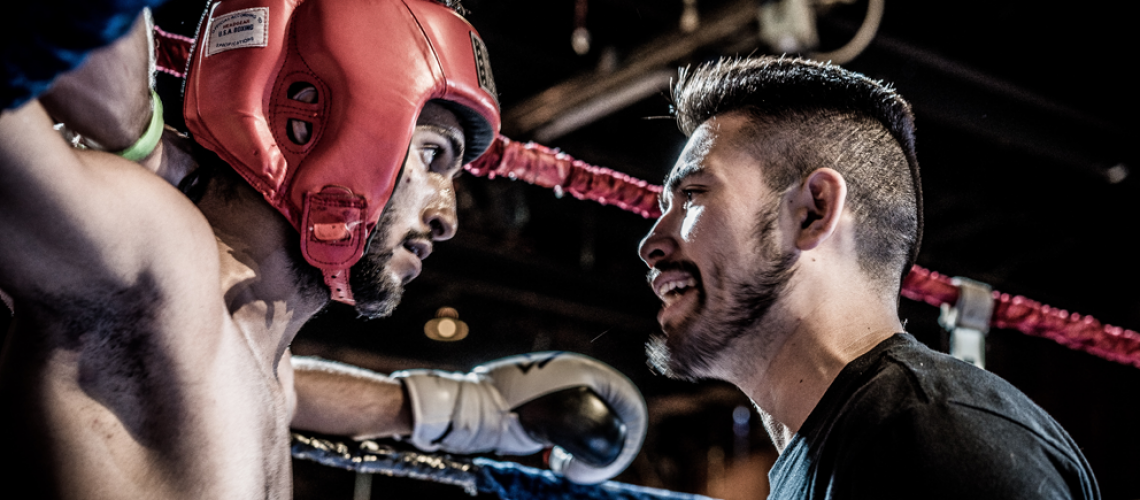
- February 13, 2020
- , 10:00 am
- , Uncategorized
Coaches and athletes are you fulfilling your responsibilities?
If a working relationship is to be effective, then all parties need to assume certain responsibilities. The coach – athlete relationship is no exception, both parties have responsibilities and must actively work to realise these. This is not a one-way street where the traffic of responsibilities goes in a single direction and rests only with the coach. The weight of responsibility rests on both shoulders. So, what are the responsibilities that can transform the coach-athlete relationship into a winning partnership? I have identified the most important responsibilities, see below. Do let us know your thoughts.
The coach’s responsibilities
- Determine athlete’s needs and act in their interests
- Explain the process of coaching, and the coach’s values and expectations
- Define coach-athlete boundaries and respect these boundaries (this is especially important if you also have a personal relationship with your coach)
- Establish a good working relationship with the athlete, to create conditions for optimal performance
- Assess the athlete’s ability, skills, challenges and developmental needs
- Allow for differences in the development and performance of athletes
- Partner with the athlete to create individualised programs, establish goals and review performance
- Build commitment and intrinsic motivation, so that motivation comes from within the athlete
- Facilitate a growing sense of responsibility and autonomy within the athlete
- Communicate openly and regularly with the athlete, provide feedback (good and bad) and periodically evaluate performance
- reflect and refine the athlete’s skills
- Be conscious of and promote the well- being of the athlete
- Accept the need for parallel development of the athlete, in areas such as education or vocational development
- utilise appropriate developmental networks, such as support staff
- Build good relationships with sports administrators and executive staff
The athlete’s responsibilities
- Agree to work intensively with the coach, to define goals and actively work to achieve these goals
- Accept accountability for yourself and responsibility to implement developmental strategies
- Exercise initiative and autonomy where appropriate
- Be results- and solution- focused (looking for answers not excuses)
- Commit to solutions
- Communicate openly and regularly with the coach, provide feedback (good and bad) and participate in performance evaluations
- Maintain a wider commitment to self- development, as well as to the coach and the coaching process
- Commit to take care of mind and body